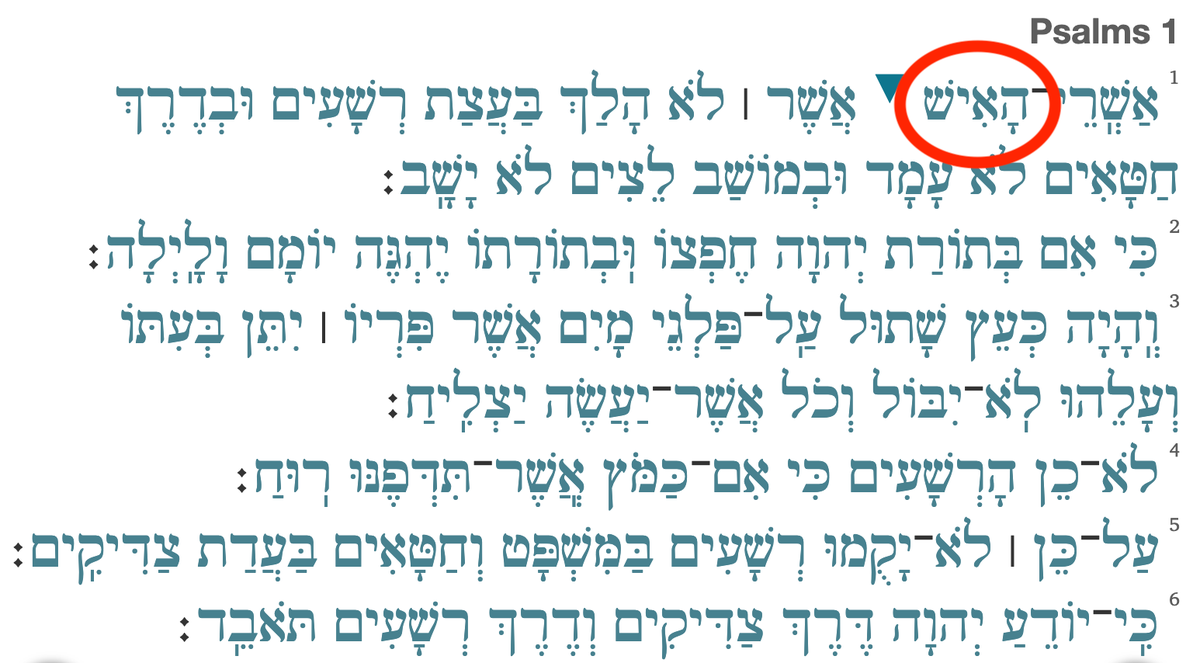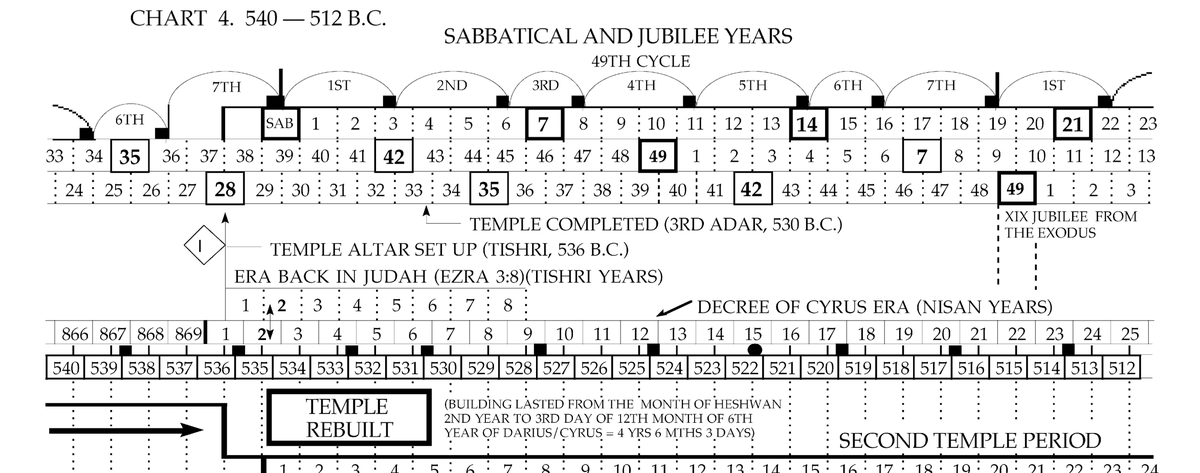‘Mah rabbu tzaray!’ = ‘How many are my foes!’ (3.2).
‘Ad-meh’ = ‘How long...!’ (4.3).
In Psalm 8, however, the Psalmist turns his eyes heavenwards,
and composes a psalm of unalloyed praise.
We might have expected a list of the wonders of God’s creation—the sun, moon, stars, birds, fish, and so on.
And, in fact, we are later furnished with precisely such a list (8.4, 6ff.).
so God will soon ‘Sabbath’ = ‘obtain rest’ from his enemies (Psa. 8.3),
and he will do so, not by his great might or power, but by the words of *infants*.
God’s creation is not a power-ocracy; it is a hierarchy established by God’s gracious decree.
God does not allocate his most important tasks to his most powerful agents.
Rather, he orders his creation/economy by divine grace.
The first man surrendered his crown for the taste of forbidden fruit,
and a second man has tasted death in order to regain it (Heb. 2).
and is hence crowned with glory (‘hadar’) (per 8.6) by means of death.
THE END.













